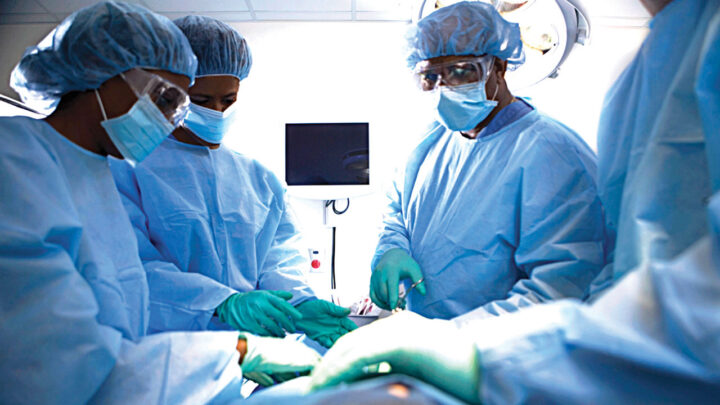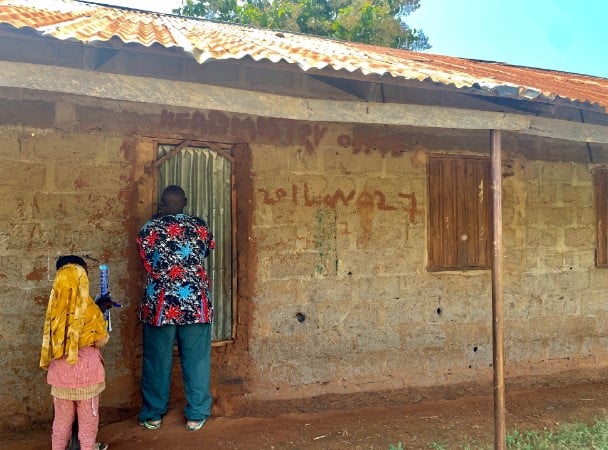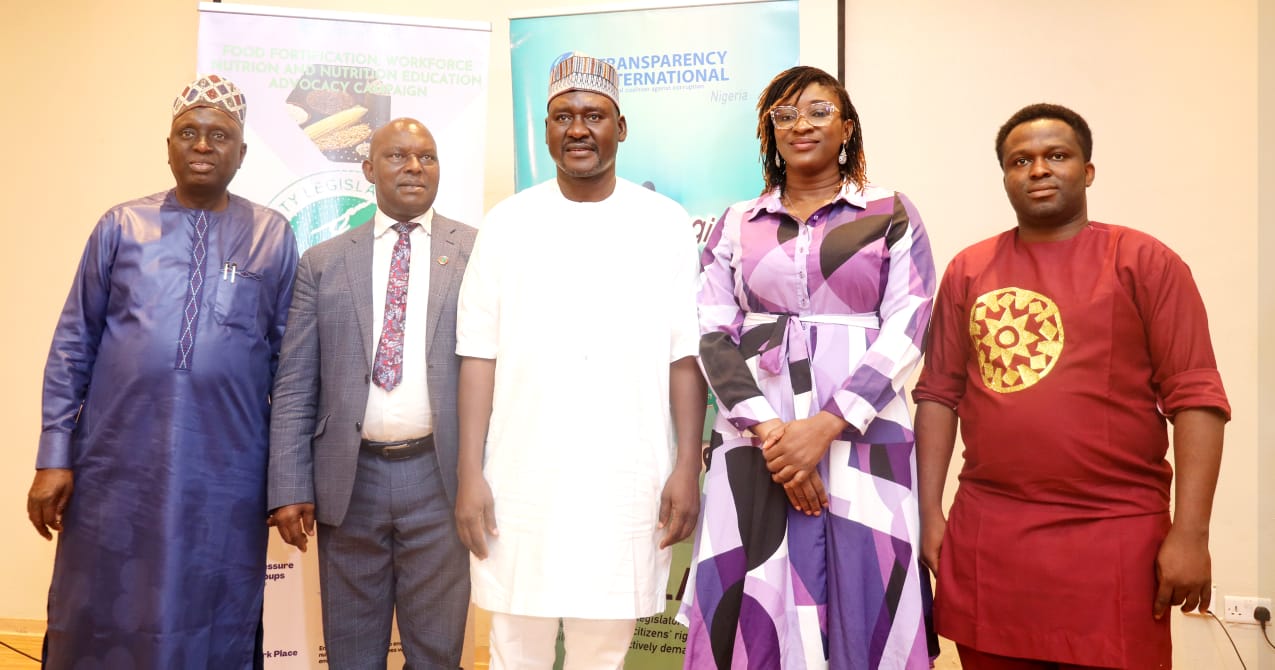Wariso, clinical microbiologist and infectious disease physician
Some healthcare experts have described antimicrobial resistance (AMR) as a silent threat which needs urgent attention.
Speaking on Tuesday during a virtual
media roundtable hosted by Pfizer, the experts reiterated that If AMR continues to rise unchecked, formerly minor infections could become life-threatening, serious infections could become superbugs that are impossible to treat.
Leading the conversation were Oyinlola Oduyebo, a professor of clinical microbiology at the Lagos University Teaching Hospital (LUTH), and
Kennedy Wariso of the University of Port-Harcourt Teaching Hospital (UPTH).
The roundtable saw participants discuss the need for antimicrobial stewardship (AMS) as treatment of infections is becoming more difficult due to widespread emergence of antimicrobial resistance.
Advertisement
The experts noted that the awareness is important in ensuring ongoing patient safety so as to maintain the future effectiveness of antibiotics.
“Antimicrobial Resistance (AMR) occurs when bacteria, viruses, fungi and parasites change over time and no longer respond to medicines making infections harder to treat and increasing the risk of disease spread, severe illness and death,” Kodjo Soroh, medical director West Africa Pfizer, said.
“AMR is one of the biggest threats to global health today and can affect anyone, of any age, in any country. If it continues to rise unchecked, minor infections could become life- threatening, serious infections could become impossible to treat, and many routine medical procedures could become too risky to perform.
Advertisement
“Without action by governments, industry, and society, AMR is expected to cause 10 million deaths each year by 2050. Overuse of antibiotics is creating stronger germs. Some bacteria are already “resistant” to common antibiotics. When bacteria become resistant to antibiotics, it is often harder and more expensive to treat the infection. Losing the ability to treat serious bacterial infections is a major threat to public health.”
Oduyebo further said antimicrobial resistance is a serious threat to global public health.

“It increases morbidity and mortality, and is associated with high economic costs due to its health care burden. Infections with multidrug-resistant (MDR) bacteria also have substantial implications on clinical and economic outcomes,” Oduyebo said.
“Moreover, increased indiscriminate use of antibiotics during the COVID-19 pandemic will heighten bacterial resistance and ultimately lead to more deaths. This review highlights AMR’s scale and consequences, the importance, and implications of an antimicrobial stewardship programme (ASP) to fight resistance and protect global health.
Advertisement
“Antimicrobial stewardship (AMS), an organisational or system-wide health-care strategy, is designed to promote, improve, monitor, and evaluate the rational use of antimicrobials to preserve their future effectiveness, along with the promotion and protection of public health.
“ASP has been very successful in promoting antimicrobials’ appropriate use by implementing evidence-based interventions. The “One Health” approach, a holistic and multisectoral approach, is also needed to address AMR’s rising threat. AMS practices, principles, and interventions are critical steps towards containing and mitigating AMR. Evidence-based policies must guide the “One Health” approach, vaccination protocols, health professionals’ education, and the public’s awareness about AMR.”
Wariso said antimicrobial stewardship programmes optimise the use of antimicrobials, improve patient outcomes, reduce AMR and health-care-associated infections, and save health-care costs among others.
He added that with rates of AMR increasing worldwide, and very few new antibiotics being developed, existing antibiotics are becoming a limited resource.
Advertisement
“It is therefore essential that antibiotics only be prescribed – and that last-resort antibiotics (AWaRe RESERVE group) be reserved – for patients who truly need them. Hence, AMS and its defined set of actions for optimizing antibiotic use are of paramount importance,” Wariso said.
“A robust pipeline of new antimicrobials is essential to restoring the balance against increasing rates of AMR. However, significant economic hurdles have made research and development in this area a challenge. No novel class of antibiotics has been launched for almost 40 years, and even when newly approved treatments come to market, they may be used sparingly to support good antimicrobial stewardship practices – making it difficult to recover the high cost associated with development. New reimbursement models that more fully reflect the complete value of antimicrobials are critical.”
Advertisement
According to the experts, at least 700,000 people die each year due to drug-resistant diseases. More and more common diseases, including respiratory tract infections, sexually transmitted infections and urinary tract infections, are untreatable; lifesaving medical procedures are becoming much riskier, and our food systems are increasingly precarious.
Advertisement
Add a comment






